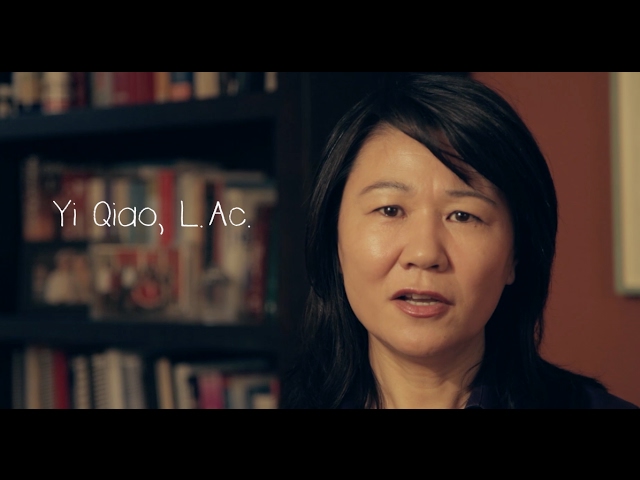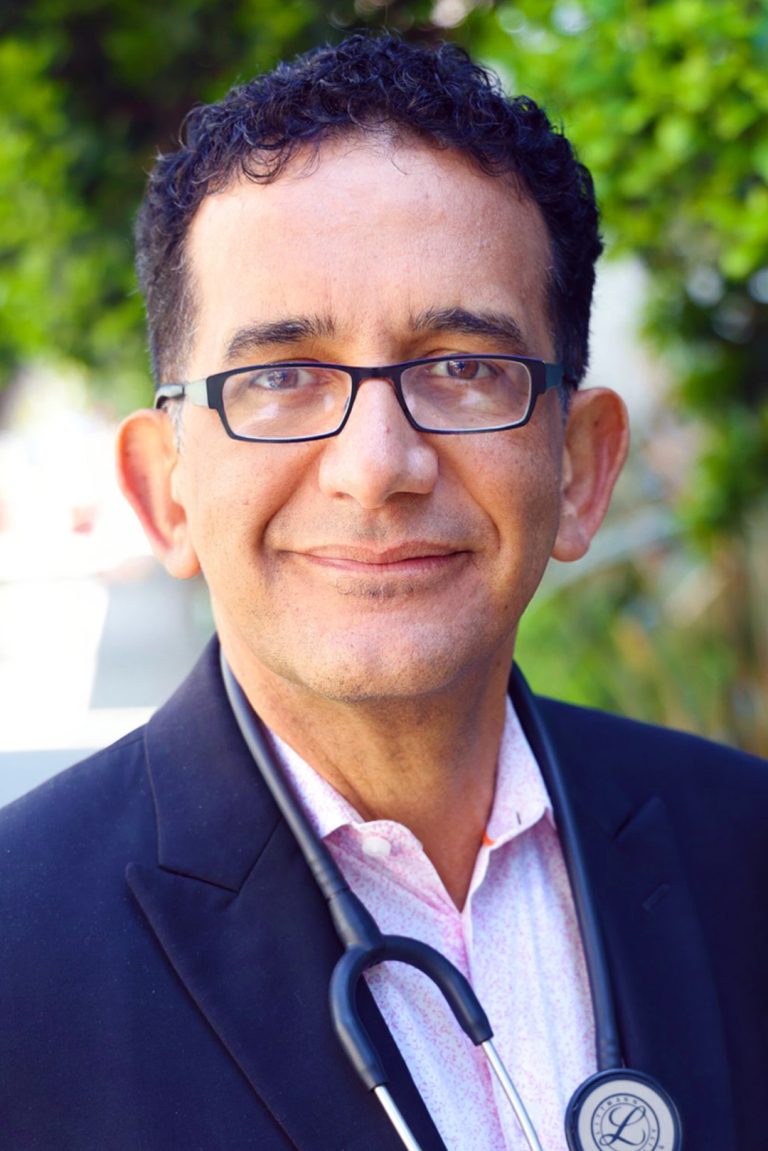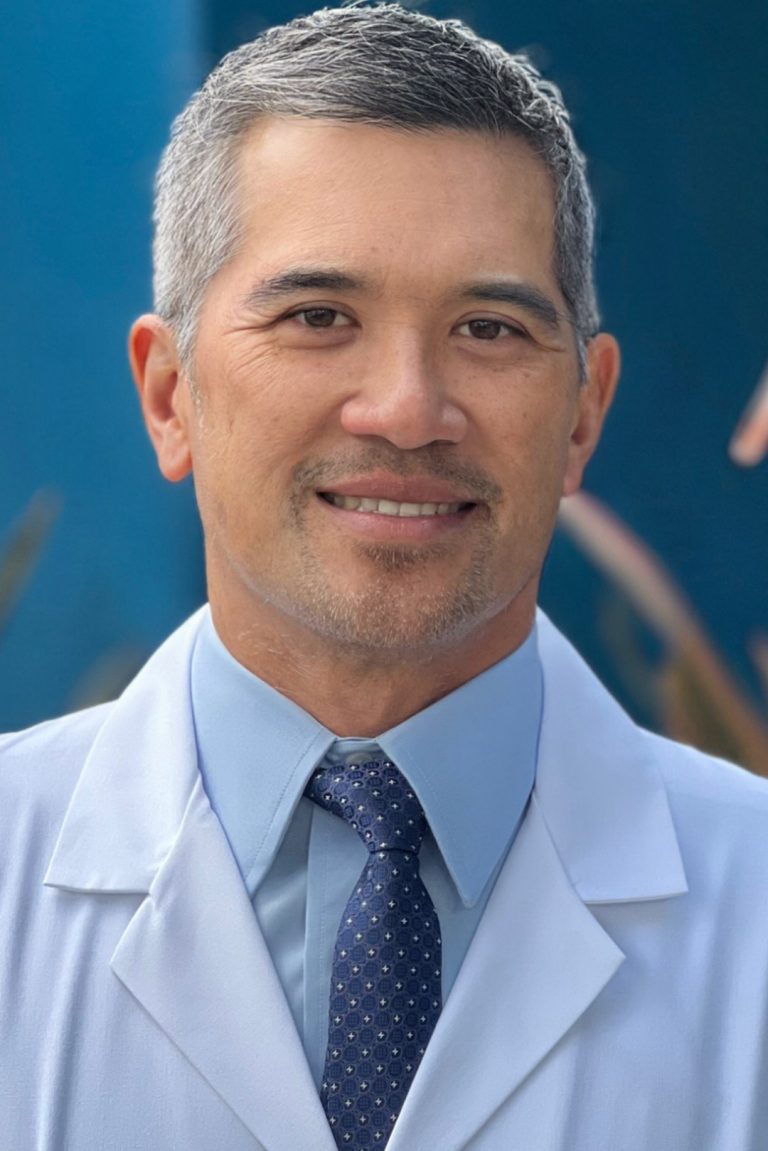by Edison de Mello and Meme Rhee
Although menopause is often thought to be a condition exclusive to women, an increasing number of medical researchers believe that men go through a similar experience. Male menopause, known as andropause, is strongly debated among many medical specialists, including primary care physicians, endocrinologists, psychiatrists, urologists and gerontologists. Some doctors contend that andropause is an emotionally triggered mid-life crisis, while others insist that it is a physical condition brought on by changing hormone levels, particularly testosterone. More recently, however, physicians are giving greater credence to the phenomenon of andropause since more and more studies have shown a significant decrease in the levels of available testosterone (called ‘Free Active Testosterone’ or FAT) in men between the ages of 45 and 55, although they can fall as early as 35 or as late as 65.
A decline in testosterone levels, known as hypogonadism, affects joints, muscle, arteries and veins and almost every major organ system which require testosterone for optimal functioning. Hence, quite a number of symptoms are seen at andropause. Increased depression and weight gain, in addition to decreased sex drive and sense of well-being correspond to lower levels of other hormones such as dopamine, oxytocin, vasopressin, growth hormone, melatonin, DHEA, pregnenolone and thyroid hormone. Although these hormones tend to decrease with age, each man is unique and individual levels vary widely.
A serious complication of hypogonadism in males is osteoporosis. Unfortunately, in traditional medical practices middle-aged men usually are not screened for osteoporosis until the disease has significantly progressed. As reported in the the Boston Journal (2003), a publication of the Boston University School of Medicine, at least 2 million American men have osteoporosis with 25% of them having at least one osteoporosis-related injury. The decline in testosterone levels significantly increases bone loss especially when compounded with other risk factors such as smoking, heavy alcohol use, and steroid use.
How do I know if I’m going through Andropause?
The most common physical symptoms of andropause include:
- Prolonged recovery from injuries and illness
- Reduced interest in sex/erectile dysfunction (ability to sustain an erection, intensity/ loss of/urge to ejaculate)
- Decrease in stamina for physical activities
- Weight gain (without overeating)
- Loss or thinning of hair(with no family history)
- Vision loss/rapidly worsening vision
- Sleep disturbances and fatigue
- “Sore body syndrome” – stiffness
- Excessive sweating
- Cold hands and feet
The most common psychological symptoms of male menopause include:
- Irritability
- Indecisiveness
- Anxiety and fear
- Depression
- Loss of self-confidence and joy
- Inability to focus
- Memory loss
- Increased fantasies about having sex with a new and younger partner
- More relationship problems and fights over sex, love and intimacy
Since the physical, psychological and interpersonal aspects of andropause are interconnected, most of these symptoms can be treated by taking an integrative medical approach to healing. At the Akasha Center we screen all symptomatic middle-aged men for andropause via salivary and/or blood hormone levels. Men at risk for osteoporosis are urged to have a bone density scan (Dexa) and are started on calcium, vitamin D, and an exercise regimen to reduce bone loss. Life style changes such smoking cessation, decrease alcohol intake, healthy eating stress reduction are essential components of our treatment plan. In addition, we encourage patients to get the support of an integrative therapist to address the psycho-emotional issues that often accompany life changes.


















